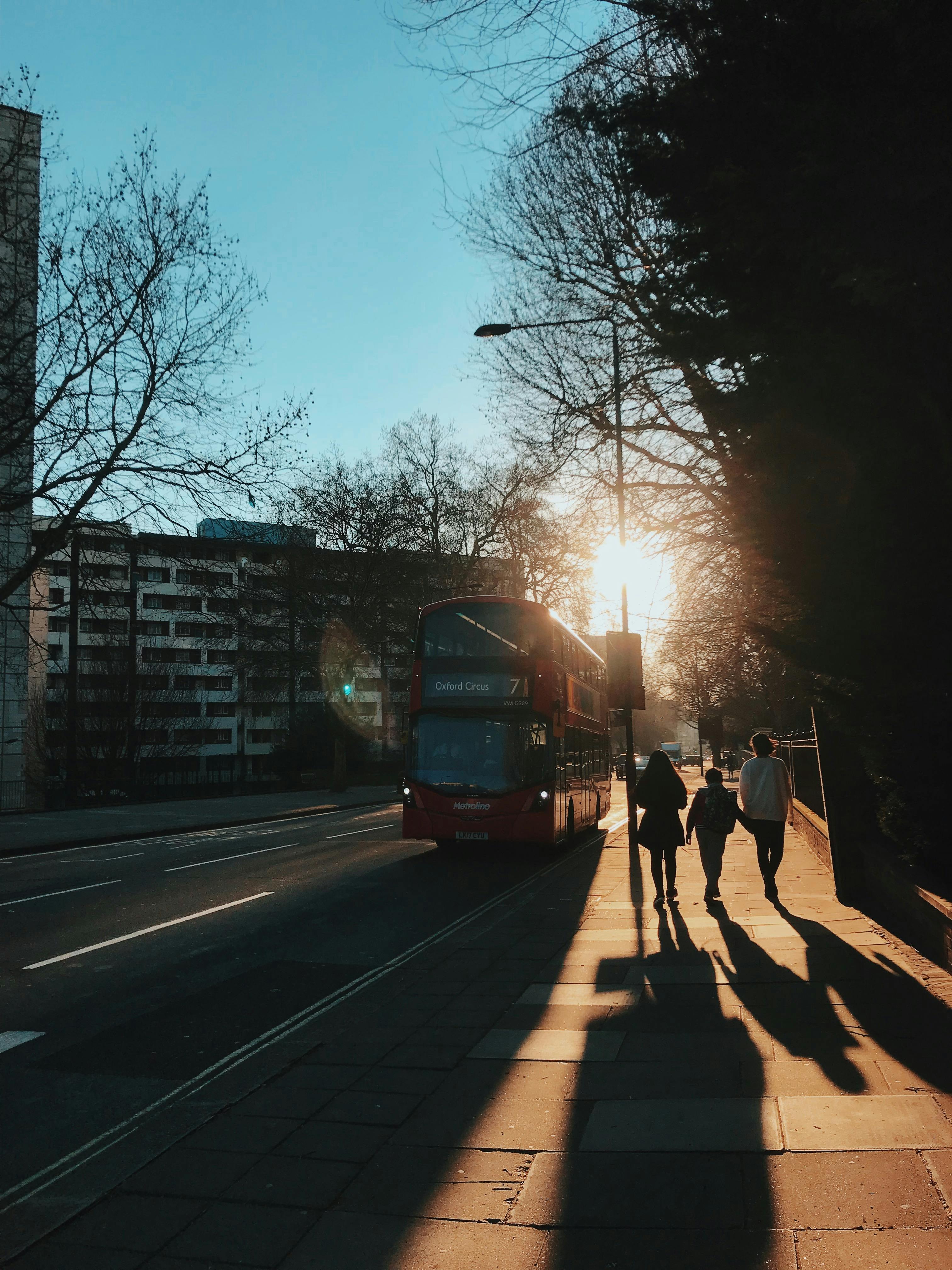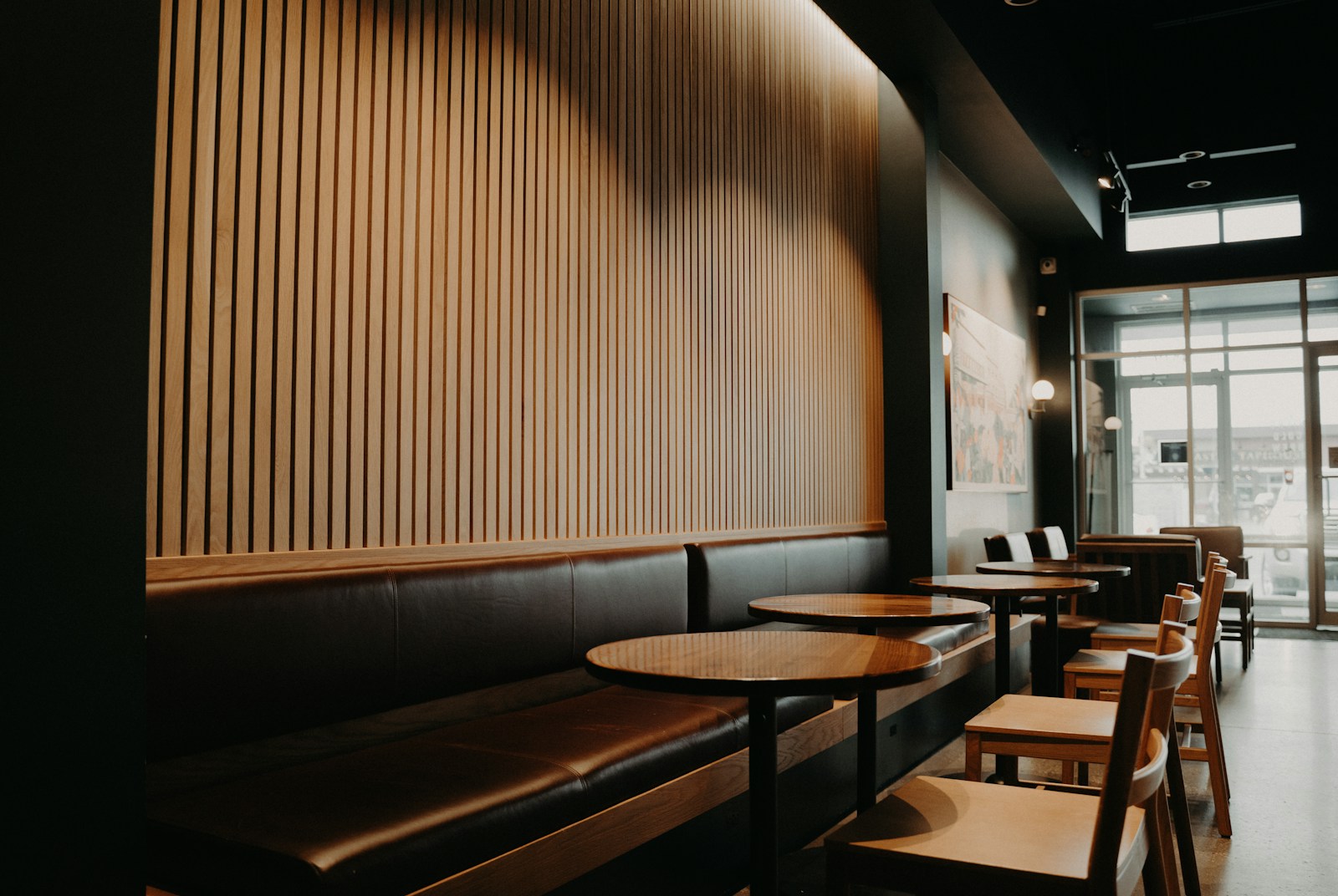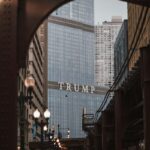
## Introduction
In recent years, Starbucks has faced backlash from its unionized baristas, who claim that the company is punishing them in various ways. From excluding them from competitions to withholding certain benefits, tensions between Starbucks and its unionized employees have escalated. In this article, we will explore the reasons behind these conflicts and the implications they have on both sides.
The Barista Championship Controversy
One major bone of contention between Starbucks and its unionized baristas is the exclusion of union stores from the North America Barista Championship. This company-wide contest offers participants the chance to win a paid trip to Starbucks’ coffee farm in Costa Rica. However, the fine print of the competition rules reveals that unionized stores are not eligible to participate.
Dillon Dix, a barista who was excited to compete in the championship, expressed his disappointment at this exclusion. He called it “really petty” and speculated that it was a deliberate attempt to undermine the union. Dix’s sentiment is echoed by other union baristas who see this exclusion as yet another punishment for their efforts to organize.
Unionization Efforts and Retaliation
Starbucks has publicly committed to reaching contracts with the union, Workers United, but recent developments suggest a strained relationship between the two parties. The union has filed numerous charges alleging unfair labor practices, including those related to the barista championship. Starbucks, on the other hand, argues that participation in the competition is a workplace benefit that must be bargained over if workers unionize.
Internal documents viewed by HuffPost reveal that Starbucks has made similar legal arguments in withholding other perks from newly organized shops. For example, unionized stores are not allowed to participate in the “black apron” program, which trains baristas to become elite “coffee masters.” A Starbucks spokesperson justified these exclusions by stating that they involve paid time and travel, which requires bargaining with the union.
The Legal Battle
Workers United maintains that it has waived its right to bargain over such benefits and has requested their extension to union members. The union argues that Starbucks’ refusal to grant these benefits violates the law. In a September ruling, a judge at the National Labor Relations Board (NLRB) sided with the union, finding that Starbucks intentionally discriminated against union workers by withholding raises and benefits.
The union has also made new filings at the NLRB, alleging that Starbucks has given unionized workers smaller raises than nonunion workers and has withheld new benefits offered to other employees. Additionally, the union claims that Starbucks has fired five union supporters since expressing its desire to establish a more productive relationship. Lydia Fernandez, a union leader and recently fired barista, believes that the company’s behavior has not changed despite its claims.
The NLRB’s Involvement
The NLRB offices have filed over 125 complaints against Starbucks, covering more than 400 alleged unfair labor practices. So far, judges at the NLRB have ruled in favor of the union in more than 40 cases, with others still in litigation. These rulings have highlighted various violations, including the illegal firing of union supporters, interrogation and surveillance of employees, and unlawful threats.
Sharon Block, a labor law expert at Harvard Law School, commented on the significant number of rulings against Starbucks, stating that it appears unprecedented. While the NLRB investigates the union’s new allegations, the company’s actions continue to be scrutinized by both the board and the public.
The Impact on Baristas
The exclusion of unionized stores from the barista championship may not seem as serious as other charges, but it has still had a significant impact on the affected baristas. The competition is viewed as a fun part of the job and an opportunity to showcase their drink-making skills and coffee knowledge. Being excluded from the championship is seen as a blow to their morale and enjoyment of their work.
Starbucks argues that the competition is a celebration of its partners and that the exclusion is necessary due to the legal requirements surrounding workplace benefits. However, union baristas believe that the company’s actions are petty and serve no purpose other than to undermine their unionization efforts.
The Future of the Conflict
With ongoing litigation and tensions between Starbucks and its unionized baristas, the future of this conflict remains uncertain. The NLRB’s investigations into the union’s allegations will determine whether Starbucks has violated labor laws. Meanwhile, the union continues to advocate for the extension of benefits to unionized stores and the reinstatement of fired union supporters.
It is clear that both sides are at odds, and the resolution of these conflicts will have implications for Starbucks’ reputation as a socially responsible company and the rights of its unionized employees. The outcome of this battle will shape the relationship between Starbucks and its workforce for years to come.




